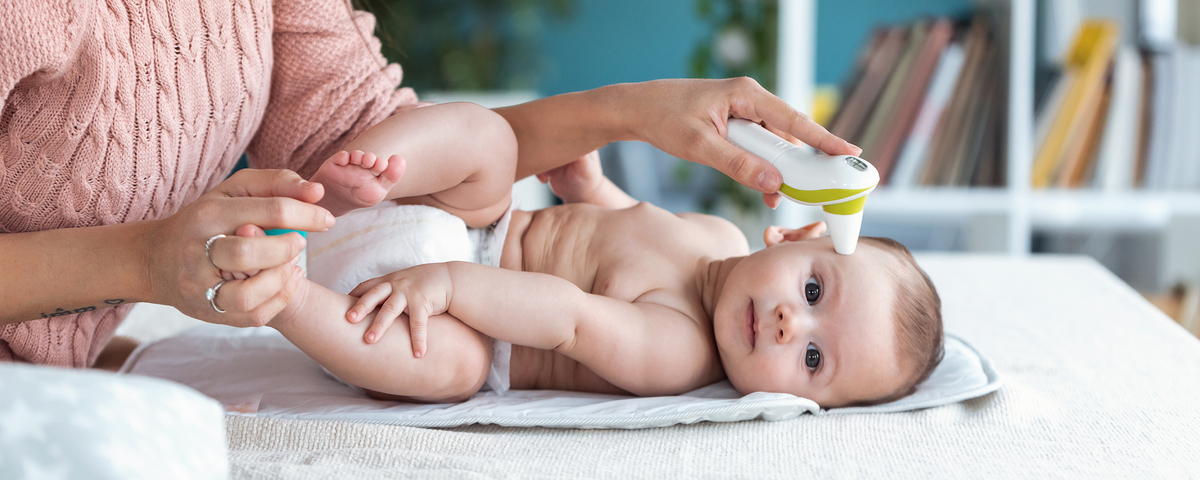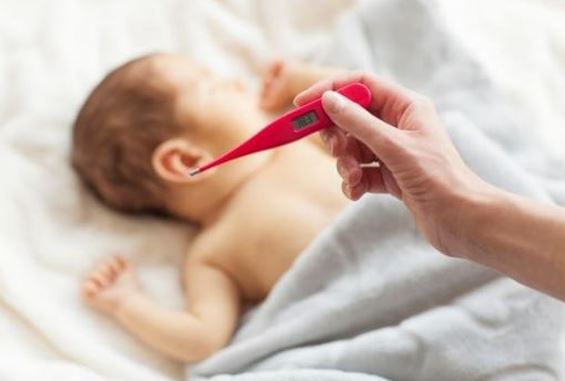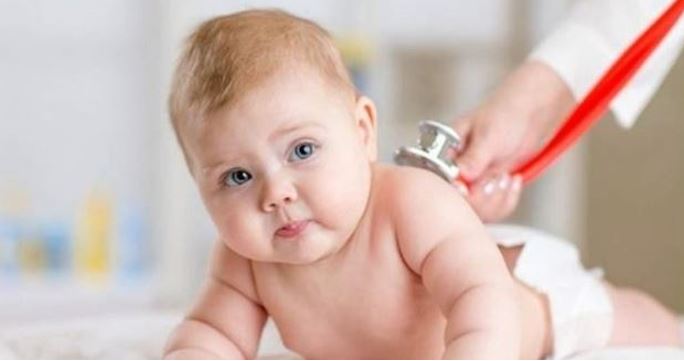
Fever is common in young children. They are a common part of childhood and usually are not serious. In most cases, the fever usually goes away on their own. Fever is the body's way of killing infections by raising the heat on germs. It can be caused by bacteria, like strep throat, or virus, such as the flu. The key is to understand how and when to treat them so that you can keep your child comfortable until they're feeling better.
You can treat a fever when your child seems uncomfortable. It won't make their infection go away, but it will make them feel better. Sometimes a fever can make your child sleepy. If you don't treat a low fever, your child may be able to get more rest.
To safely reduce their fever, give them a child's dose of ibuprofen or acetaminophen. Children 6 months and older can take ibuprofen, while children 2 years and older can take acetaminophen. If your child is under the age of two, consult your doctor about the proper dosage.
When my child has a fever, how can I keep him or her comfortable?
A 15-minute bath in lukewarm water could help reduce your child's fever. Make sure the water does not become too cold, and remove them if they begin to shiver. Lightly clothe your child. In bed, cover them with a sheet rather than a blanket.
Give your baby formula or breastmilk on a regular basis. An oral rehydration drink for babies, such as Pedialyte, might be a good option. Encourage your child to drink more water after weaning. Avoid dehydrating drinks such as soda and caffeinated beverages.

During an illness, keep an eye on your baby's temperature and other symptoms and behaviors to see if you should see a doctor.
If you notice any of the following symptoms in your baby, you should contact his or her doctor or seek medical help:
If your baby is under the age of three months, he or she develops a fever. Your 3- to 6-month-old has a rectal temperature of 102°F (38.9°C) or higher; your 6- to 24-month-old has a fever of more than 102°F (38.9°C) for more than a day or two with no other symptoms They have a fever that lasts more than 24 hours or occurs on a regular basis They're irritable (very fussy) or lethargic as a result (weak or sleepier than usual) If your child's temperature does not drop within an hour or so after taking the prescribed medication, They may develop other symptoms such as a rash, poor feeding, or vomiting.

Fevers are generally a symptom of a more serious medical condition. Your baby may develop a fever for many variety reasons, including:
a viral infection a bacterial infection certain vaccinations another medical condition